Johana, an incarcerated woman from Colombia, tells how poverty and a need to support her children led her to sell drugs. For her, imprisonment only worsened her situation.
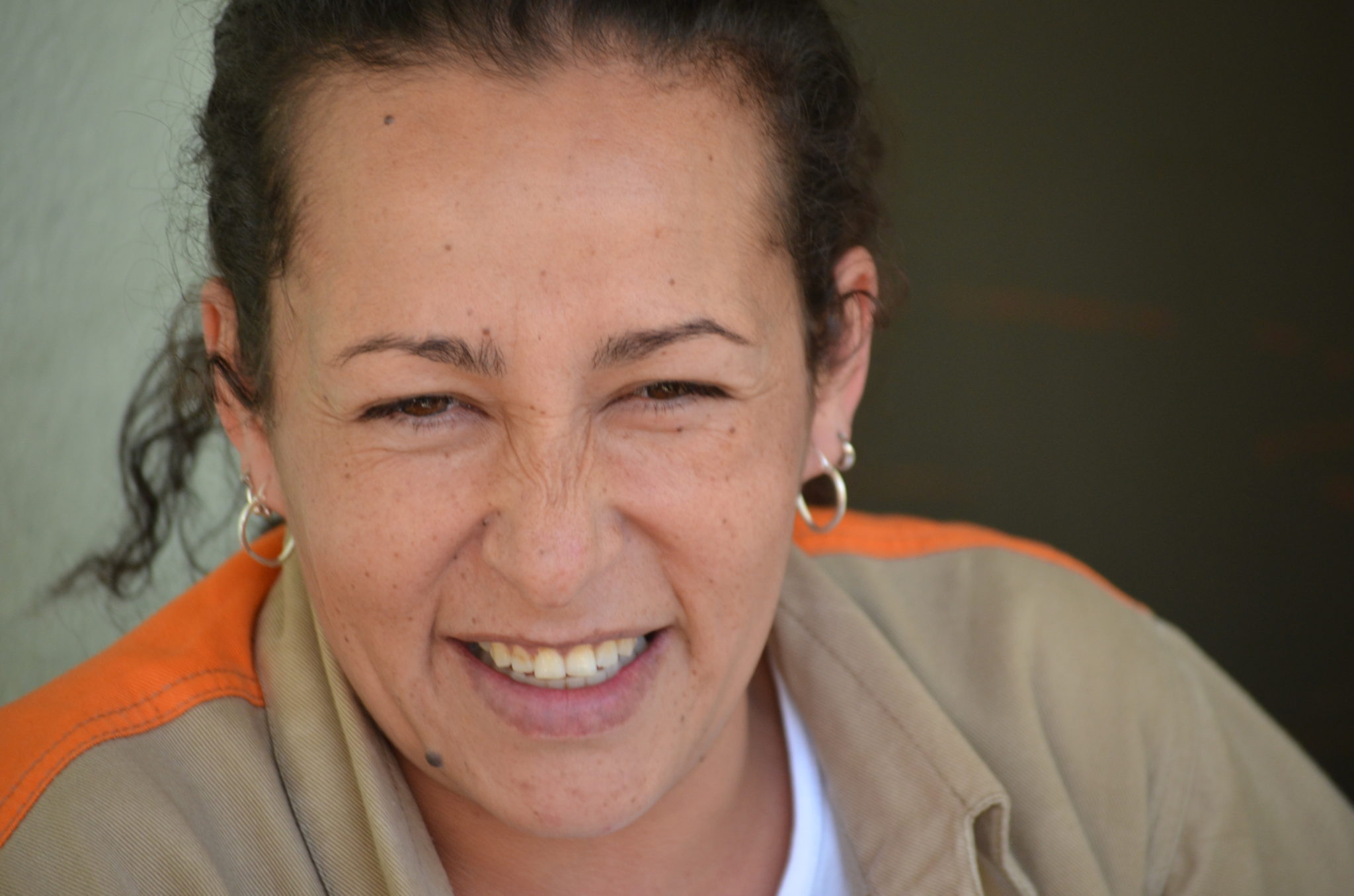
Sentence: 6 years, 4 months for a drug offense.
Johana is 37 years old. She is from the Kennedy, one of the poorest neighborhoods in Bogotá.
Johana lacked the income to support her children, so she asked her aunt for work selling drugs.
From her aunt’s supermarket, she made calls to drug dealers and consumers, but never came in contact with the substances.
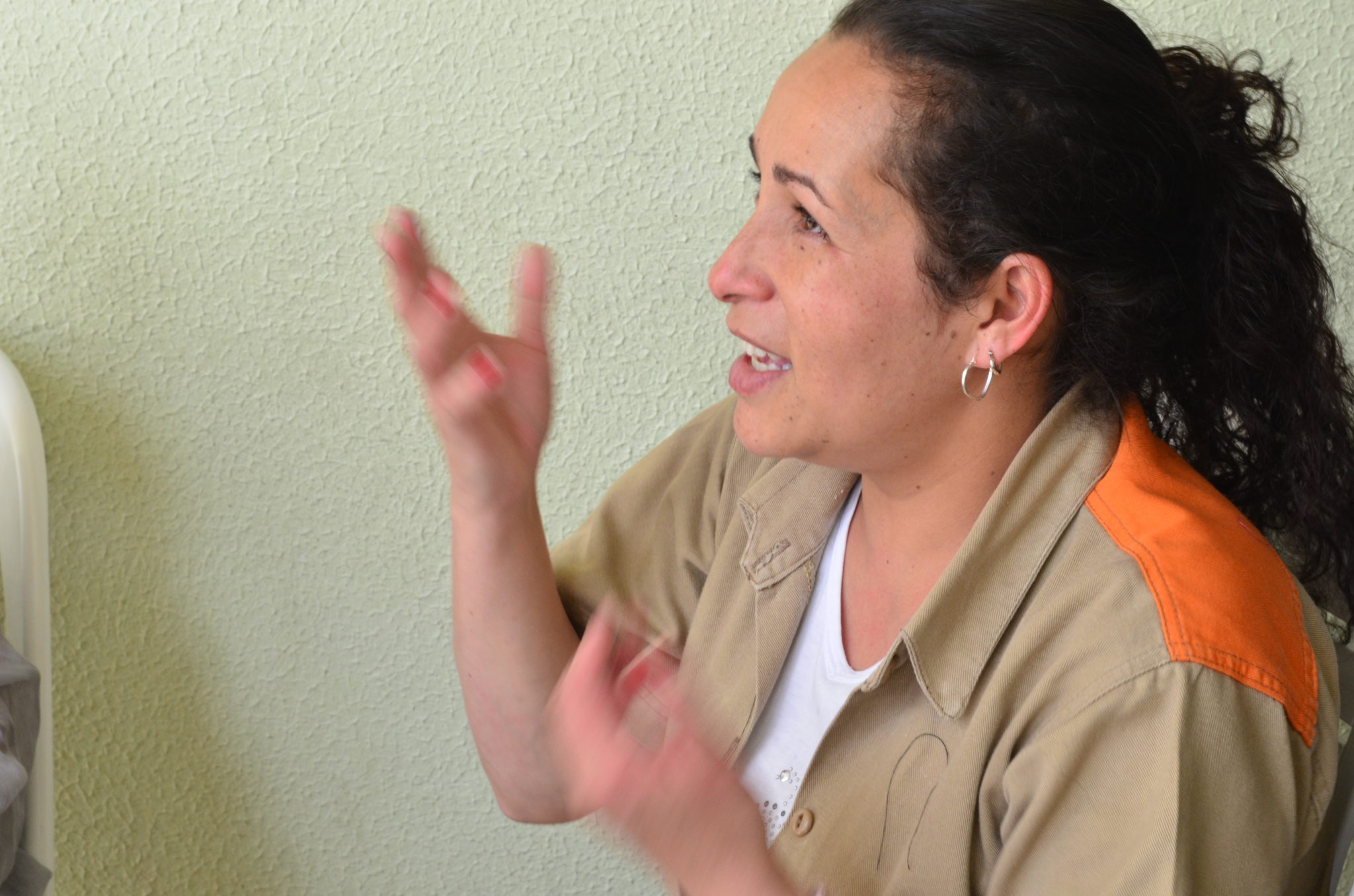
Together with other members of her family, Johana was arrested and imprisoned.
Her incarceration only exacerbated the problems for her family.
One child ended up in the care of the state, while others faced more dire circumstances.
“Sometimes I say, ‘If I hadn’t ended up here, my son wouldn’t have become addicted to drugs… My daughter wouldn’t have to endure so many things for not having me there.'”
“I pray to God that when I leave here it’s not too late for them… what most affects me, and what most pains me, are my childen.”
“The judge says, ‘You’re not fit for society, you’re not capable of living with your children’… But believe me, when you’re alone with your three children… you can’t say, ‘Sorry, I can’t feed you, I don’t have work.'”
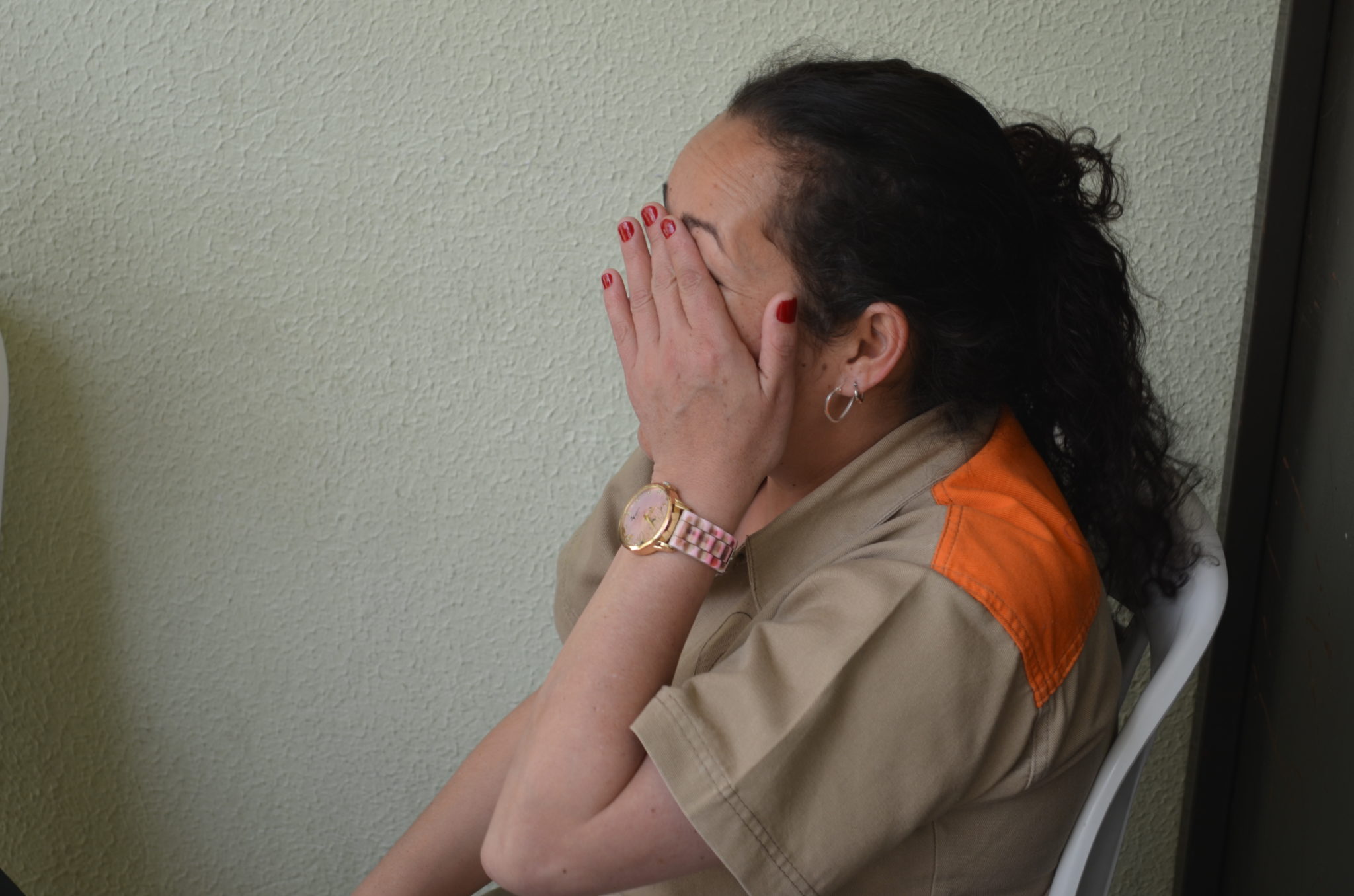

Seventy percent of incarcerated women in Colombia are single mothers. Many are trapped in a vicious circle of poverty and crime, where selling drugs appears to be the only option to support their families.
Instead of addressing the root causes of this vicious circle, incarceration often only makes the situation worse. Upon leaving prison, they cannot secure work.
“You leave prison… and you want to do things right, and it turns out that the only way is to work in a restaurant. And you have three kids, and you have to pay rent and feed them… and they pay you $100 a month. How do you do it? Tell me, as a mother, how do you do it?”
“That’s where I say, forgive me, but I’m going to go sell drugs one day, and that day I can go pay rent.”
“In the Bible it says that [women] are… the foundation of the home. Well, then help us be a strong foundation, Many of us are here for our children, how would it be [if we had] opportunities?”
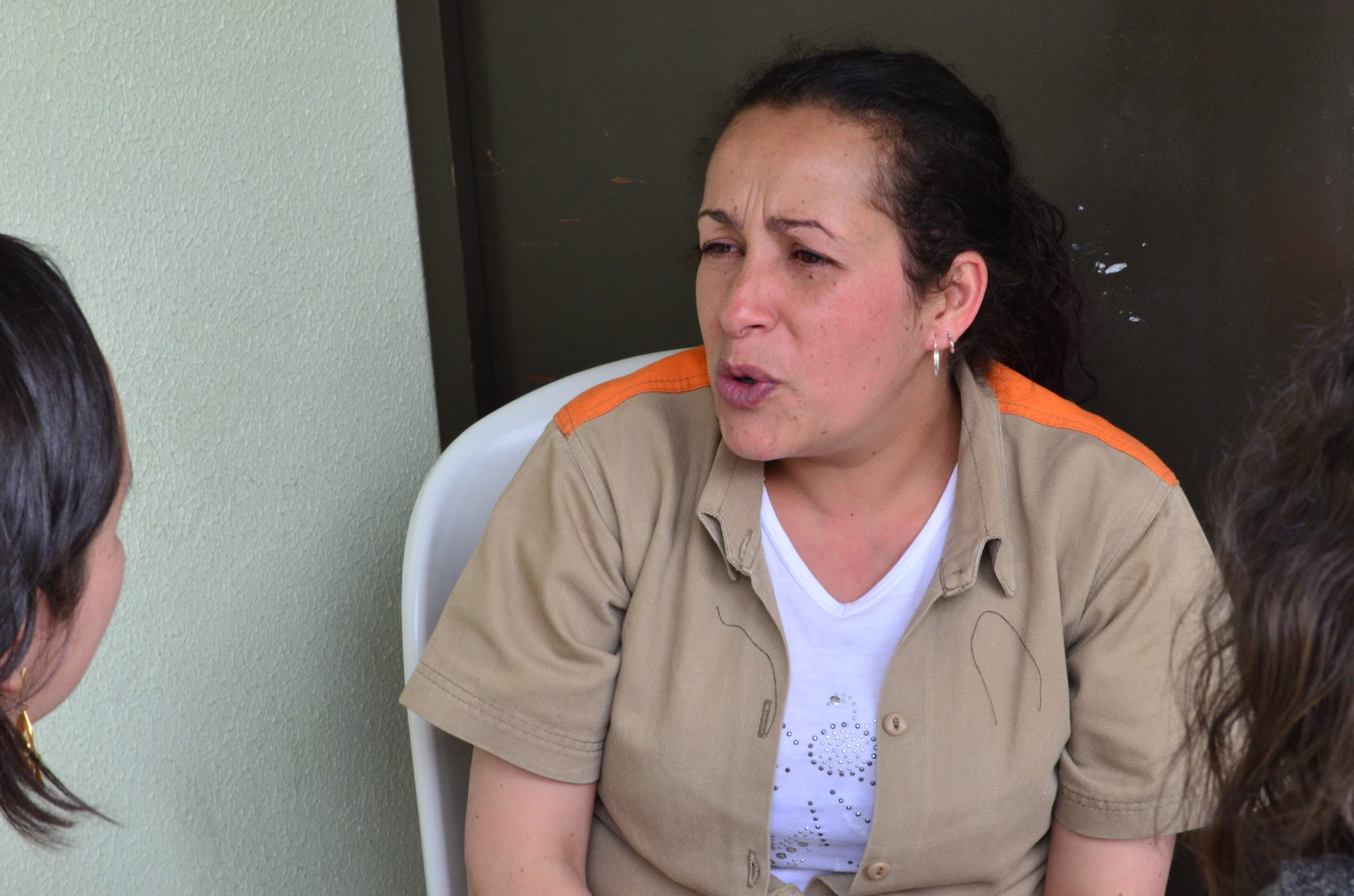
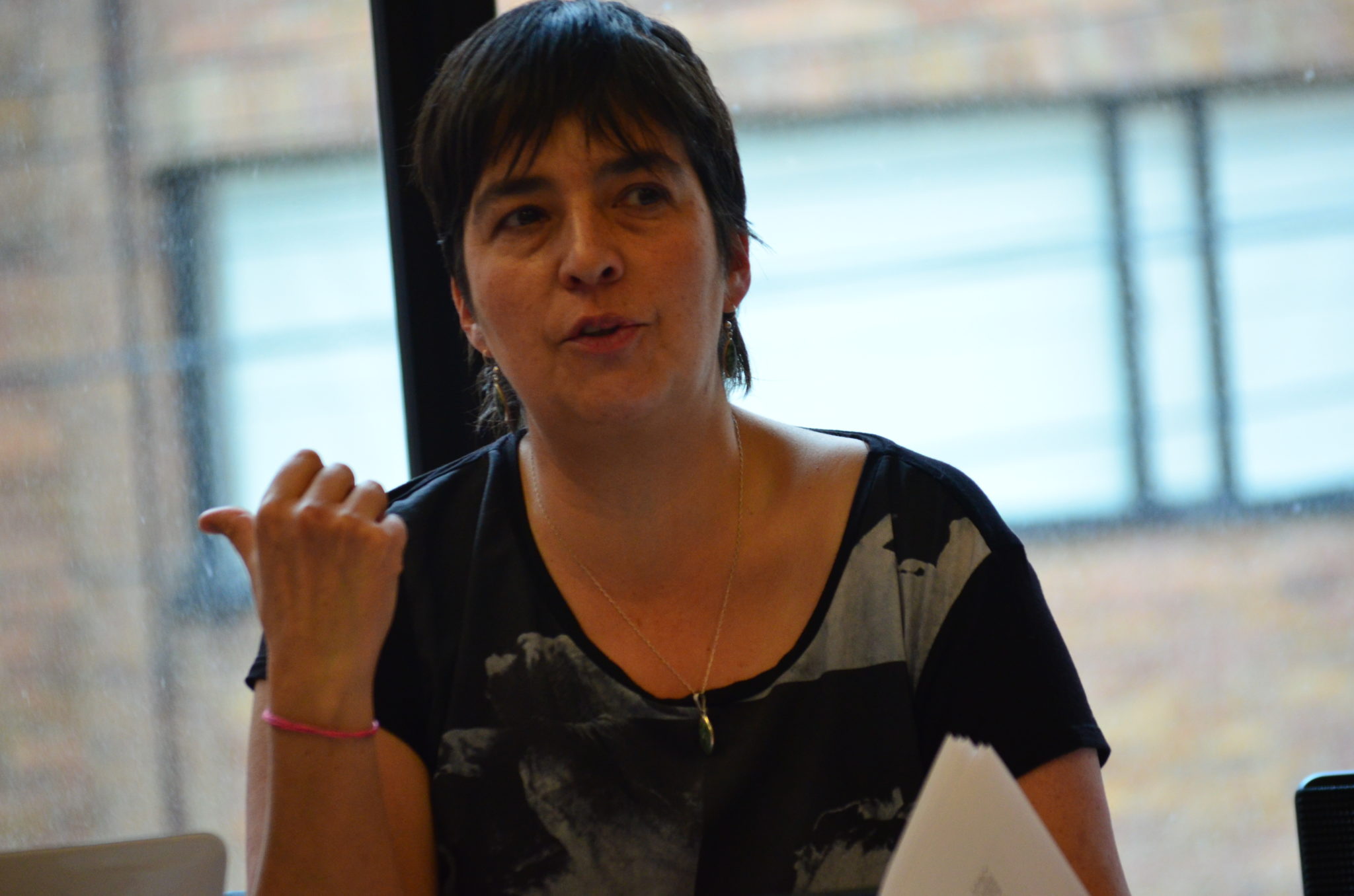
Producer and Photographer
Adam Schaffer
Interviewers
Demaluí Amighetti, Marie Nougier, Luz Piedad Caicedo, Sergio Chaparro, Zhuyem Molina, Nischa Pieris
Editorial Assistance
Coletta Youngers, Kathy Gille, and Kristel Muciño
Special Thanks to the Ministry of Justice and Law of Colombia